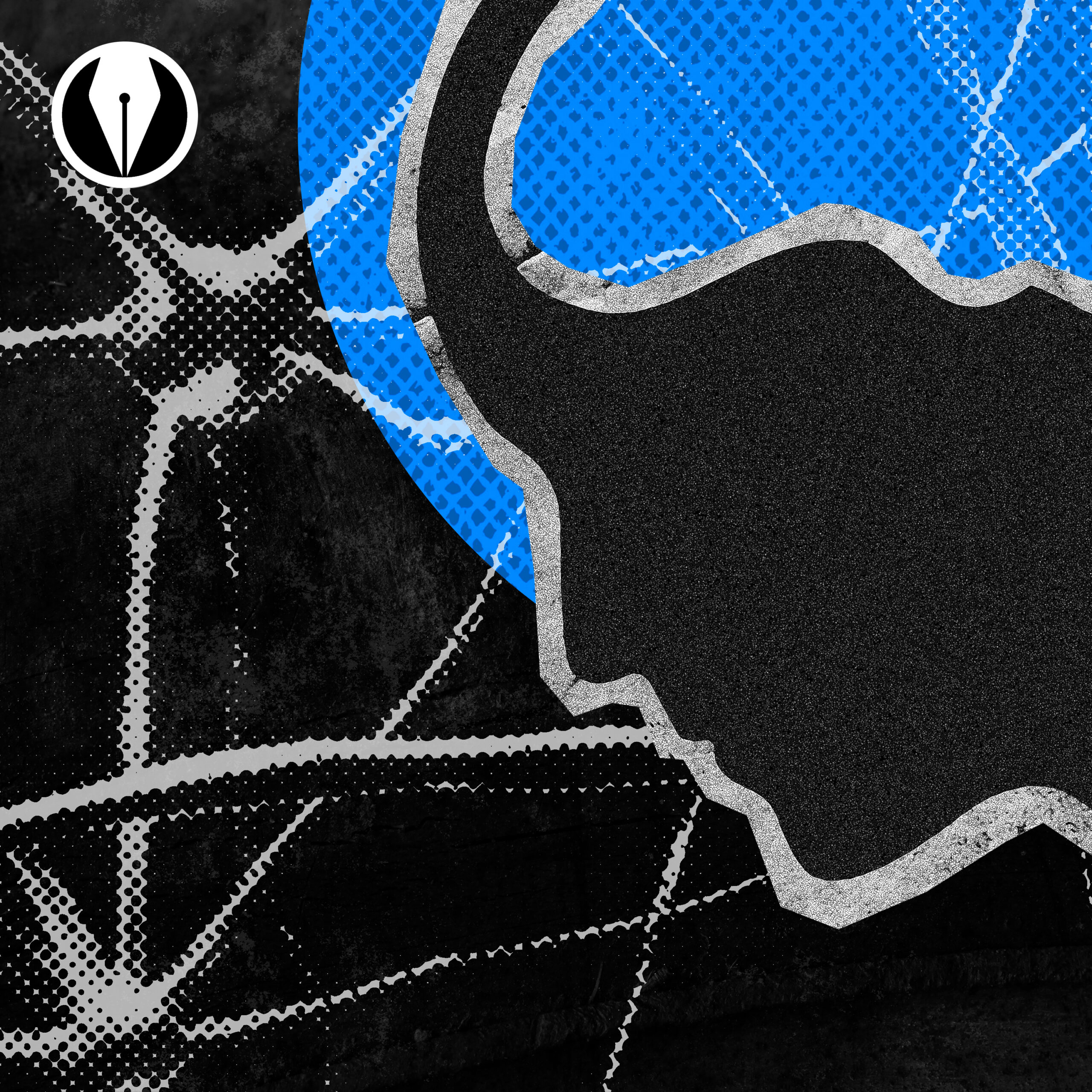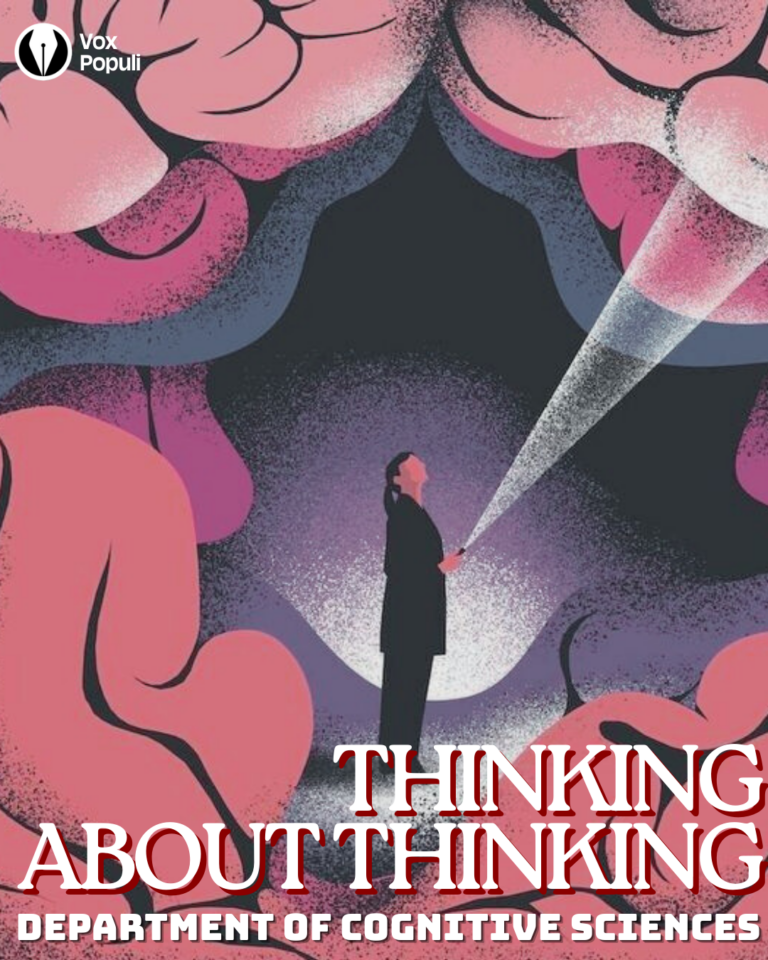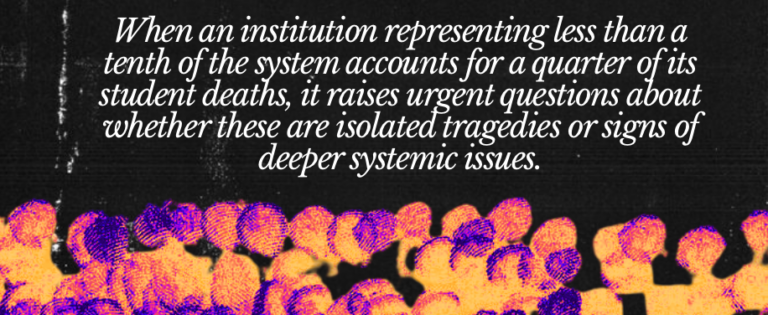Metacognition, in simple words, is thinking about your thoughts. Sounds interesting, doesn’t it? Prof. Shikha Dixit (Professor in Psychology at IIT Kanpur) and Prof. Sabnam Basu (Assistant Professor in management at IIT (ISM) Dhanbad) worked on a paper to find the role of metacognition in rational decision making. While releasing this paper, Prof. Sabnam was a final year PhD student working under the supervision of Prof. Shikha Dixit. To understand more about their work and the use of metacognition in our daily life, Vox talked to Prof. Sabnam Basu. Read on to find more about her research:
What is metacognition?
Higher-order cognition! In layman’s terms, we call it thinking about thinking; We all make multiple daily decisions, and the process of decision-making involves information processing. However, everyone has a different and individual style of making decisions. Some people are prone to making intuitive decisions, so they might rely more on their feelings when making a decision. Some people might do a lot of research and try to gather a lot of information about the issue at hand, and thus it can be said that they follow a rational style of decision-making. Some people might depend on others, like their friends or parents, to decide; in contrast, some might make an impulsive decision. So what role would metacognition play?
How we control your thought process, monitor it and regulate would help us decide which kind of decision-making style you are taking up. Metacognition again has two components: the regulation component and the knowledge component. The knowledge component is the information one has about their cognitive abilities. The regulation component is about how we monitor our cognitive skills.
On validating our ‘gut feeling’ by going ‘in depth’
There are two systems of the brain, System I and System II. System I is the fast and intuitive process, while System II is the slow and deliberate one. Usually, when we encounter day-to-day decisions or activities, system I of the brain takes precedence as it requires lesser cognitive effort. Thus multiple decisions every day are made without doing much deliberation. However, whenever we encounter a decision that is of great importance or has a higher difficulty level, it has been found that System II takes over. Thus initial decisions taken via gut feeling might be revisited by going in depth. Similarly, when talking in terms of decision-making style, it has been observed that people do not always have one decision-making style. They could have a primary style and a secondary style.
On Depression arising from Multiplicity of Choices
My other paper on depression talks about when the number of choices increases, the person might find themselves revisiting the decision after making it. In earlier times, for example, our parents would have two or three college choices. So even if they took a ‘wrong decision’, they would not blame themselves; they’d blame the situation. But nowadays, we would blame ourselves if we take an ‘incorrect decision’ as we had a whole lot of choices available and still made an incorrect decision. So, as the paper suggests, the abundance of choices in modern times might be a contributing factor to the prevalence of depression.
Could metacognition be a way to overcome this depression?
Yes! There was another category of decision-makers I had talked about in the paper, called maximisers. Maximisers try to optimise their decision-making by looking at all available options. For example, if a maximiser looks for a gift for their friend, they would look at all the possible options and then decide, as opposed to someone who would just go and buy the first gift they like and not look at it every opportunity. Studies suggest that these people are more prone to depression and also that their metacognition skills are deficient. Thus metacognition might act as a buffer.
How do you quantify qualities like emotional, logical and rational in psychology?
There are two things here. The first is the decision’s outcome. On a scale called the Decision Outcome Inventory (DOI), it questions your ‘life’s outcomes’ such as receiving a parking ticket or getting into a mild accident. The point is to ask if people have faced these outcomes from bad decisions. Based on this, we decide if the person’s decision-making style is good or bad.
The second thing we look at is biases. If these increase in one’s decision-making, that is a wrong decision. An example of a decision-making bias is the availability bias. Some people are still hesitant to go on aeroplanes because they believe them to be unsafe, but if one were to look at the data, air travel is the safest mode of transportation. But this fear still prevails because when an aeroplane accident occurs, it escalates to such a degree that it becomes salient in your mind. At the same time, this doesn’t happen with regular road accidents—availability of information matters.
How do you quantify qualities like emotional, logical and rational in psychology?
In psychology, we perform the preliminary research and based on that, we prepare a questionnaire. Furthermore, the questionnaire asks multiple questions to assess a single parameter. This way, if one question doesn’t give a good result, another one would. Sometimes questions are also repetitive. For example, one question might be, “Do you rely on your feelings?” and another one would be, “Do you rely on your emotions?” This way, we can check how truthful the person is and whether they are following some random pattern for answering the survey and not actually answering. There are even some questions to check social desirability.
On future research opportunities in the domain
The importance of cognition can be felt everywhere today. Even IIT Kanpur has recently established a cognitive science department. This highlights the importance of cognition in today’s time. Moreover, previously metacognition was mainly studied in the educational psychology domain with implications for student learners. However, it has become necessary to link metacognition and decision-making over the years. Now the importance of metacognition is not only limited to educational psychology but has even spread to organizational behaviour, as the more aware you are of your mental capacity, the fewer biases you’ll face in decision-making.
Advice to students interested in research
The primary advice for all would be to follow your interest. You have to work with that specific subject for a lot of time. Thus you must have a keen interest in the same. In research, I’d say that patience is the crucial element for the successful completion of your work. There would be instances where the variable or your statistic data might not seem significant. But don’t you think insignificant results also speak a lot? They are an essential part of your research. So never get discouraged by insignificant results. There might be times when you would want to give up. But, you have to be patient and think of their entire research journey as learning. Be focused and take small steps towards your ultimate goal. This would help you with your mental health as well as the research.
Written by: Gauravi Chandak, Samarth Kumar, Chetanya Bhan
Edited by: Pradeep Suresh, Dev Barbhaya











